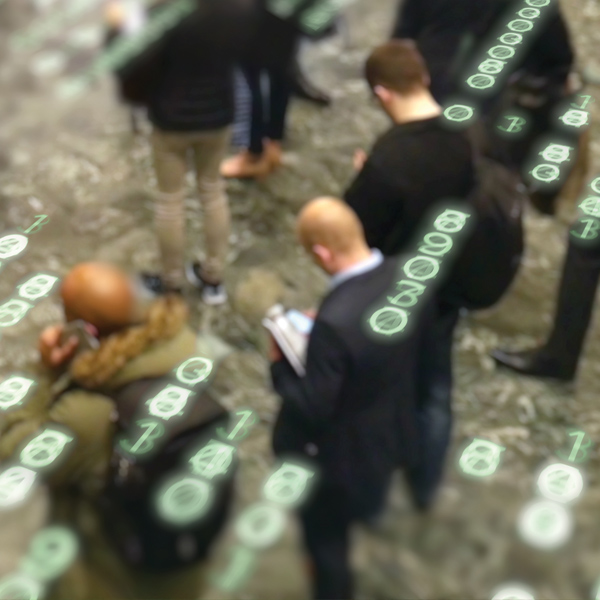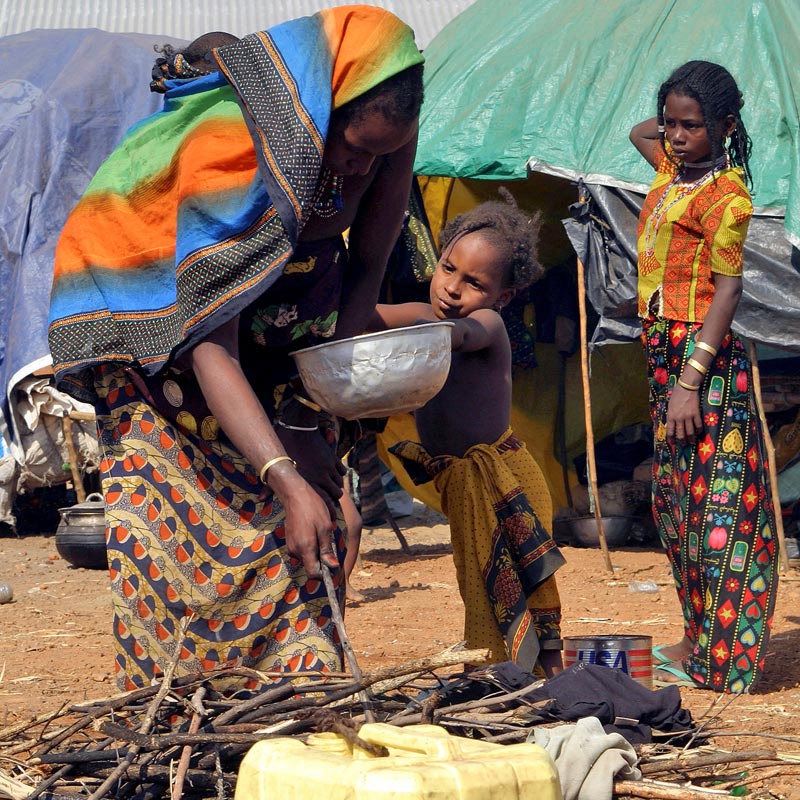-
Grants
14
-
Total Awarded
$4,730,540
-
Years
1981 - 2022
-
Categories
Grants
The Privacy Economics Experiment Lab at Carnegie Mellon University specializes in economic and behavioral research on privacy. The award supports research and analysis that will include the publication of a white paper describing an economic view of online advertising, the state of the online publishing industry, and related privacy considerations. The white paper will scrutinize the view that online behavioral advertising – a popular form of online advertising that involves tracking consumers’ activities to target advertising – is an economic win-win technology for industry actors and consumers. The research-backed findings of the white paper will seek to inform policy and regulation focused on strengthening online privacy protections.
The Center for Human Rights Science brings together scientists and human rights practitioners committed to rigorous assessment of the state of human rights around the world. The award provides flexible support to the Center as it serves as an incubator for scientific and technological innovation in service of the human rights community and helps bridge the worlds of science and technology, human rights law and advocacy, and public policy, through mutually beneficial collaborations and research activities.
The award will support a staff person at the Center for Human Rights Science to participate in a course that will strengthen the Center’s capacity to provide sound advice to its partners on issues related to digital forensics, open source intelligence and information collection, and security.
MetroLab Network is a group of more than 35 city-university partnerships focused on bringing data, analytics, and innovation to city government. Its mission is to pair university researchers with city policymakers to undertake research, development and deployment of projects that improve infrastructure, public services and environmental sustainability. The award supports a planning workshop convening diverse experts from local government, academia and civil society to scope the MetroLab Roundtable on Urban Instrumentation. The workshop will consider the topics, structure, and outputs of the initiative, which aims to explore the civil liberties, societal and ethical implications of urban instrumentation.
Founded in 1900, Carnegie Mellon University (CMU) is a global research university with highly ranked departments of engineering, computer science, and public policy. The Metro Lab Network (the Network) is a group of city-university partnerships working to harness information technologies to improve conditions in cities. Administratively supported by Carnegie Mellon University, but governed by its charter members, the Network aims to accelerate research, development, and deployment of technology- and analytically-based solutions to problems of city systems, infrastructure, and service delivery.
The Center for Human Rights Science (the Center) at Carnegie Mellon University (CMU) brings together scientists and human rights practitioners committed to the transparent and rigorous assessment of the state of human rights, and encourages interdisciplinary collaboration to promote the development and application of scientific methods for collecting, analyzing, and communicating human rights information. This award enables the Center to advance its work across three areas: 1) acting as an incubator for scientific and technological innovation in service of the human rights field; 2) helping bridge the worlds of science and technology, human rights law and advocacy, and public policy through mutually beneficial collaborations and research activities; and 3) organizing workshops and providing fellowships that create opportunities for mutual learning and concrete, needs-based problem solving among scientists and technologists, human rights advocates, representatives of philanthropic organizations, and government funding agencies.
Carnegie Mellon University’s Center for Human Rights Science encourages the development and application of scientific methods for collecting, analyzing, and communicating human rights information in an inter-disciplinary environment. The grant will support a study and related convening exploring the intersection of human rights and big data, including opportunities and challenges for applying new forms of data analytics and machine learning to advance human rights research and advocacy.
With previous support, Carnegie Mellon University designed, developed, and subjected to a small-scale pilot test the technological infrastructure for Working Examples, an interactive platform for sharing information about digital media learning environments that incorporate games, social networks, virtual worlds, massive multiplayer online games, and mobile devices that makes it possible for users to comment on and collaboratively refine the design of these learning environments. Carnegie will use this grant to continue to develop the platform, including recruiting an expert advisory board to guide its expansion, and creating a business plan to ensure sustainability over time.
To adapt and modify learning applications for widespread use in schools and libraries, museums, and after-school programs.
To develop a multimedia approach to sharing best practices in learning.
To design and build the physical and virtual site for a pilot digital media youth program in the Chicago Public Library that will serve to launch a Chicago learning network.
To support collaborative research: the Child Language Data Exchange (over two years).
To support research on a child-language data-exchange system (over two years).
To support a seminar on mental health policy.









